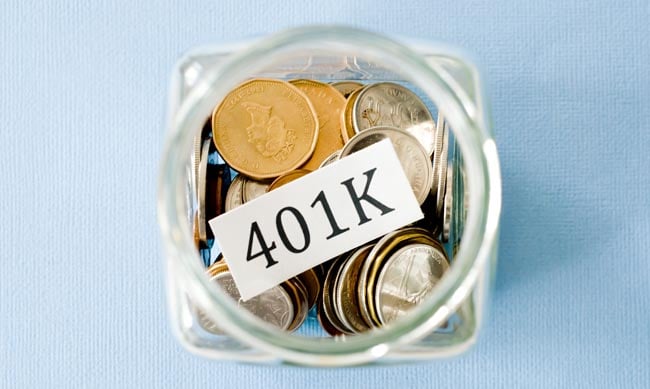For many of us who are about to retire, the rules of 401K withdrawals are often intimidating and confusing. We will explain some key areas to consider when making withdrawals from your 401K retirement plan.
When You Can Withdraw Money
Here are some details on different types of withdrawals:
-
Regular 401(K) withdrawal: If you are over age 59.5 and no longer employed at the contributing company, you are eligible to begin taking normal distributions from your account. This means that you will not be penalized for any amount deducted. You will pay income tax on your withdrawals. You can also qualify for regular withdrawals as early as age 55 if you retired at age 55 or later.
-
Early (financial hardship) 401(K) withdrawal: If you are under the requisite age for regular distributions, you can take money out of your 401(K) to help with certain financial hardships, including paying for medical expenses or costs to keep you from being evicted from your home. However, the IRS will charge you a penalty fee equal to 10% of the amount you withdraw. We suggest avoiding this option if possible.
-
Penalty-free early withdrawal: If you are under the requisite age for normal distributions, you can take money out penalty free under certain circumstances, including having qualifying disability, experiencing a disaster to which the IRS grants relief, and being required by law to pay funds to a divorced spouse or child.
-
Required minimum distributions (RMDs): When you reach the age of 70.5, the IRS requires that you start taking distributions from you 401(K). After reaching this age, you have to take a certain amount each year, which is calculated based on your life expectancy.
Why You Should Withdraw Money
With a traditional IRA, you cannot sit on that nice nest egg you’ve been building. You must begin making distributions from your 401K by April 1 of the year after you turn 70.5 or April 1 of the year after you retire, whichever comes last.
Distribution is the minimum amount of money the IRS requires you to withdraw from your retirement account each year. However, this amount varies as it is calculated based on life expectancy and how much money you have. You can always withdraw more than the minimum, but remember anything you withdraw from your account is considered part of your taxable income for the year.
Now that you know the basic rules for withdrawing funds from your 401K, the only thing left to do is enjoy your retirement!

